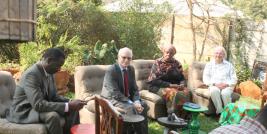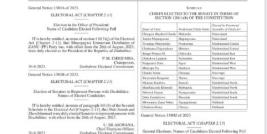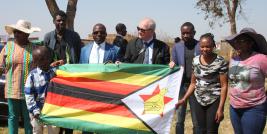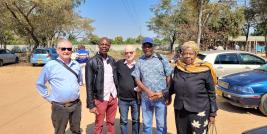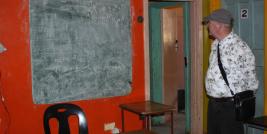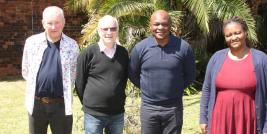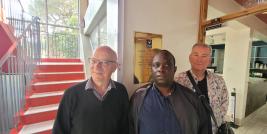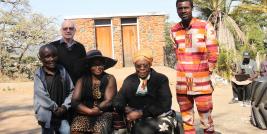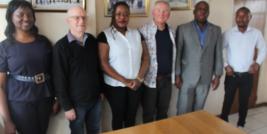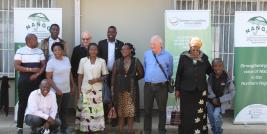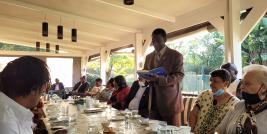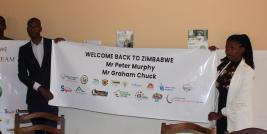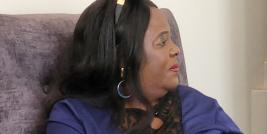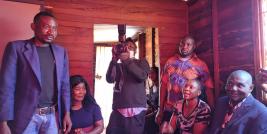By Dominique Schwartz on PM,
Australian Broadcasting Corporation
•
DOMINIQUE SCHWARTZ: Today Emmerson Mnangagwa is being sworn in as the new President of Zimbabwe
He replaces Robert Mugabe who, after 37 often brutal years, was forced to resign this week following military intervention.
Sekai Holland is Zimbabwe's Minister for National Healing, Reconciliation and Integration.
Speaking from Harare, she told me that today marks a new beginning and even though she was tortured under the Mugabe regime, she says she doesn't begrudge the former leader being given immunity from prosecution.
SEKAI HOLLAND: It's a new dawn. What we have now is benefit coming in with a very different understanding of how to move forward which is ruling through all the different existing institutions and as somebody who has been looking at Mugabe from the time he was very young in jail, he understands exactly how to move the country out of where we've been, into the new.
What we have as a challenge is how to wean out Mugabe's cultural orientation of doing things. How does he get the big Zanu-PF following to understand how to do things normally because Mugabe ran this country for 37 years abnormally.
DOMINIQUE SCHWARTZ: In terms of Robert Mugabe, we are now learning details about the deal that was struck for him to resign. One of the conditions was that he was granted immunity from prosecution. Is this going to be something which is accepted by the majority of Zimbabweans given the many atrocities that have happened under his rule?
SEKAI HOLLAND: Immunity in Europe is one thing. Immunity in Africa means something else, especially in Zimbabwe where we've had a very clear, very, very engaged process of setting up an infrastructure for peace to replace the infrastructure for violence which has ruled us from the time of pre-colonial throughout colonial throughout post-colonial.
Whatever has been stolen, whatever has been taken without legal means will be returned to the country.
A lot of things that are happening which we know, which you don't know, for example, there are people who amassed money in their houses. This money is being retrieved and brought back into the state coffer.
What we are suggesting in a civil society is that accounts be opened where this money is put in and we can see where it has come from.
DOMINIQUE SCHWARTZ: You were tortured under the Mugabe regime. Do you..
SEKAI HOLLAND: Very badly.
DOMINIQUE SCHWARTZ: Do you want to see him held to account for what happened to you?
SEKAI HOLLAND: Excuse me, Mugabe has been held to account. Can you see what has happened to him in the last few weeks?
He did not stand aside, they kicked him out.
DOMINIQUE SCHWARTZ: So for you, for you that is enough?
SEKAI HOLLAND: Really, we want, Zimbabweans want to move on and what we want to do is to move into the future with what the future has for Zimbabwe.
What has happened in the past, there are mechanisms in place that we have built, an infrastructure for peace where we are going to systematically root out behaviour that we never want to see again in the future, in the new Zimbabwe.
DOMINIQUE SCHWARTZ: Sekai Holland, Zimbabwe's Minister for National Healing, Reconciliation and Integration speaking with me from Harare.

